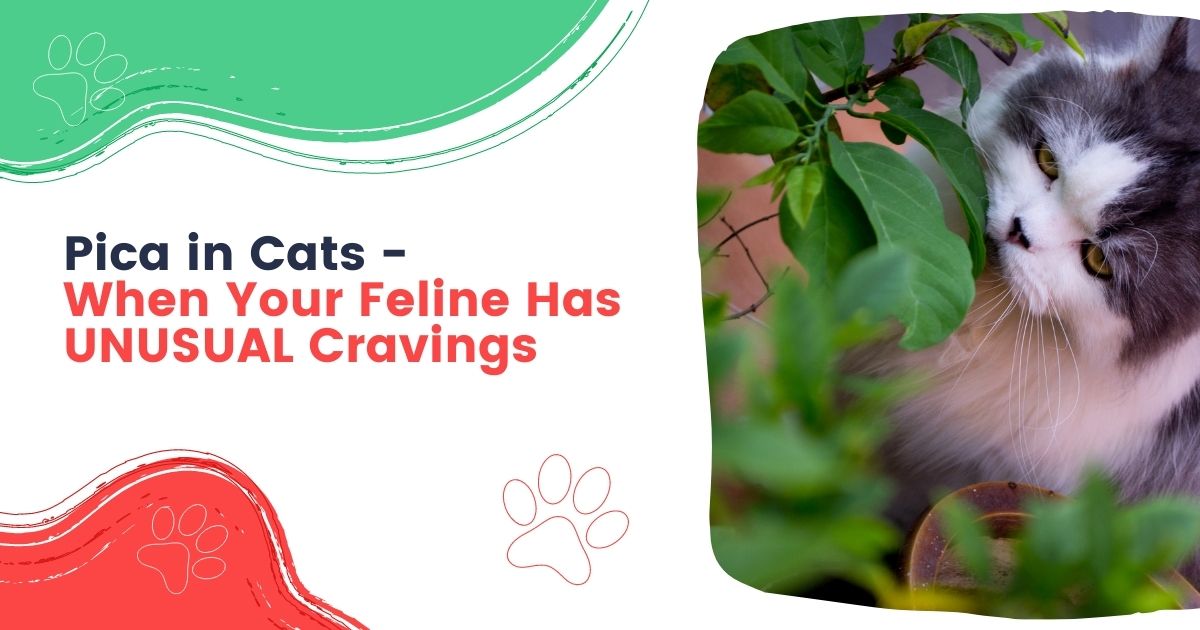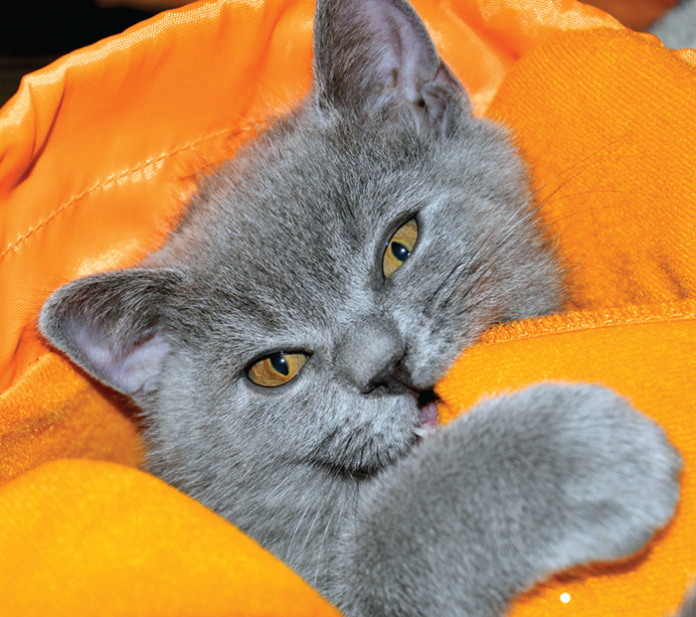
If you have recently been very busy, you may not have been able to dedicate enough time to play and bond. They develop a strong bond with their guardians and company is essential for a happy and healthy life.

Demand for attention: although cats are often characterized as being aloof or even solitary, they are more sociable than they are given credit for.The habit of eating dirt may be a behavioral change which indicates the accumulation of stress and/or anxiety. If your cat does not have an enriched environment, does not do enough exercise or have ways to express their intelligence and curiosity, they will likely develop stress or boredom. Stress, boredom or anxiety: cats need to have their body and mind well stimulated to maintain balanced behavior.The cat may begin to consume material such as plastic, wood, stones or, in this case, dirt.

Although it does occur, it is more common in dogs than cats.

Eating the material onto which cats urinate and defecate can be very dangerous. This is particularly the case if you see cats eating litter from their litter box. This means the dirt can become a means of contagion for many of the common diseases in cats. Furthermore, if we do not act quickly, it can lead to serious health problems.īy eating dirt, your cat might also be ingesting excrement, toxic substances, bacteria, parasites and any other nasty material which shouldn't be eaten. This anomalous behavior indicates that their well-being is compromised. It is not normal, it is not acceptable and, importantly, it is not harmless. Although we may tolerate some seemingly odd behavior in our pets, cats eating dirt is not one of them.


 0 kommentar(er)
0 kommentar(er)
